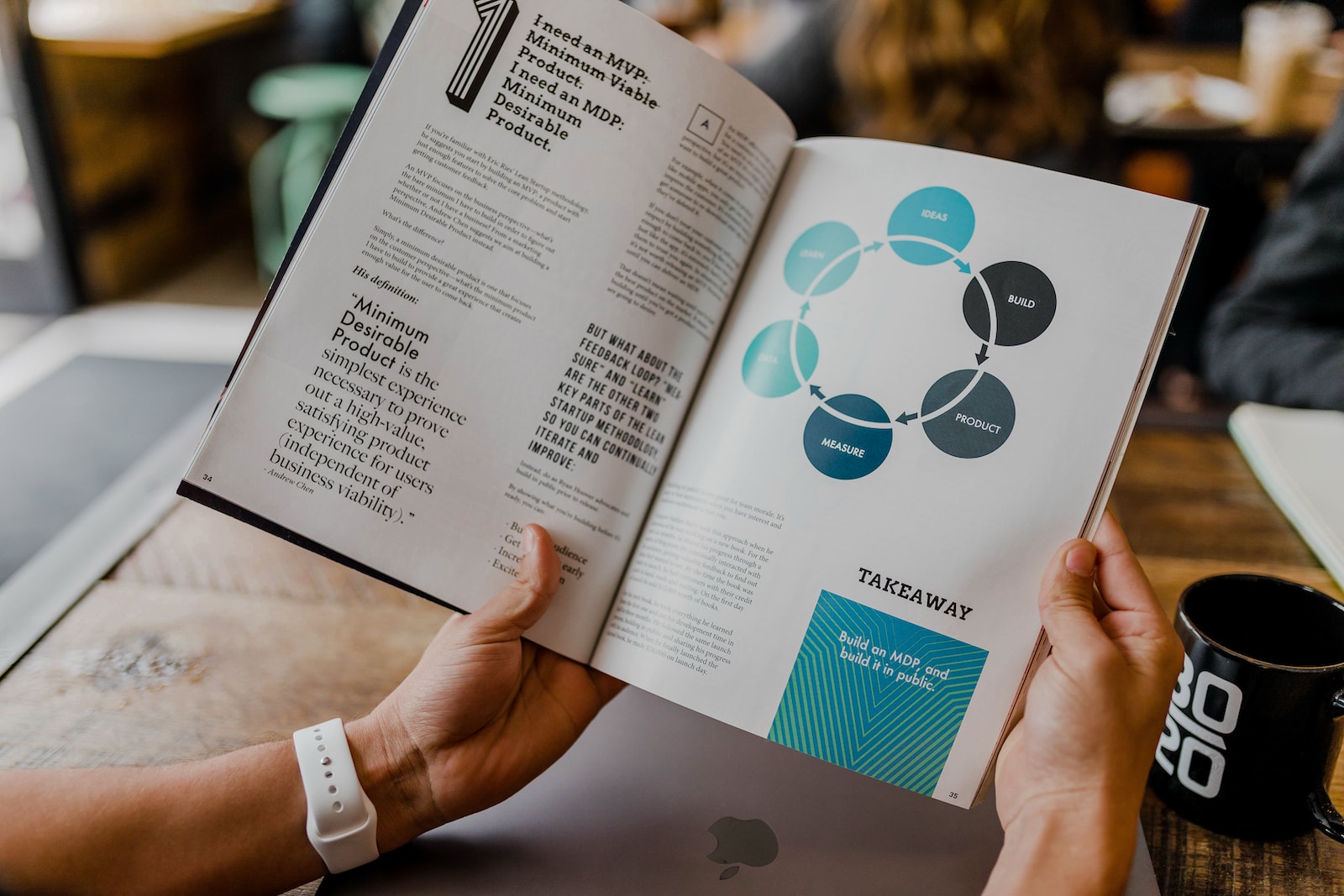In recent years, the fashion industry has witnessed a significant shift towards sustainability and ethical practices. Consumers are becoming more conscious of the environmental and social impact of their clothing choices, leading to a growing demand for sustainable and ethical fashion brands. As a result, ethical investments in sustainable clothing have gained traction, promising both financial returns and positive societal change. In this article, we will explore the emerging trends shaping the future of ethical investments in sustainable clothing.
Trend 1: Innovative Materials and Technologies
One of the most exciting trends in sustainable clothing is the development of innovative materials and technologies. As the fashion industry seeks alternatives to conventional materials that contribute to environmental degradation, researchers and designers are exploring new avenues to create sustainable fabrics.
One emerging material is lab-grown or cellulosic fibers, which are produced using biotechnology. These fibers offer a sustainable alternative to traditional textiles like cotton or polyester while reducing water consumption and land use. Some examples of lab-grown materials include spider silk, mushroom leather, and orange fiber.
Moreover, advancements in technology have facilitated the recycling and upcycling of textiles, making circularity a reality. Companies are investing in recycling technologies that can transform old garments into new fibers, closing the loop on fashion waste. Additionally, 3D printing is being used to create customized clothing, minimizing fabric waste and optimizing material usage.
Investors looking to capitalize on the future of ethical investments in sustainable clothing should keep an eye on companies that embrace these innovative materials and technologies. These forward-thinking brands are not only addressing environmental concerns but also positioning themselves as leaders in the industry.
Trend 2: Transparency and Traceability
Transparency and traceability are becoming paramount in the sustainable fashion landscape. Consumers are demanding greater visibility into the supply chains of the brands they support, wanting to know where their clothes are made and if ethical labor practices are upheld.
As a response, brands are incorporating technologies like blockchain to track and record every step of the clothing production process. Blockchain ensures transparency by creating an immutable and decentralized ledger that can be accessed by all stakeholders, from raw material suppliers to end consumers. This technology guarantees that claims of sustainability and ethical practices are backed by verifiable evidence.

Investors interested in ethical investments in sustainable clothing should prioritize companies that value transparency and traceability. Brands that proactively share information about their suppliers, materials, and manufacturing processes are more likely to earn the trust and loyalty of consumers.
Trend 3: Circular Economy and Extended Producer Responsibility
The circular economy, which aims to minimize waste and maximize resource efficiency, is gaining traction in the fashion industry. Instead of following a linear model of “take-make-dispose,” brands are adopting circular practices that prioritize longevity, repairability, and recyclability.
One aspect of the circular economy is the concept of extended producer responsibility (EPR). EPR holds manufacturers accountable for the entire lifecycle of their products, from production to disposal. Brands that embrace EPR take responsibility for the end-of-life of their garments, encouraging recycling, upcycling, or responsible disposal.
Investors interested in ethical investments should seek out brands that adopt circular economy principles and integrate EPR into their business models. By investing in companies that follow sustainable practices and prioritize waste reduction, investors can contribute to a more sustainable and responsible fashion industry.
Trend 4: Social Impact and Community Engagement
Ethical investments in sustainable clothing are not solely focused on environmental sustainability. Brands are also addressing social issues and engaging with communities to create positive change.
Brands are increasingly investing in fair trade initiatives, ensuring that workers are paid fair wages and have safe working conditions. By supporting fair trade, brands aim to uplift communities and empower workers, creating a more equitable fashion industry.
Investors interested in ethical investments should look for brands that prioritize social impact and community engagement. These brands go beyond financial success and seek to make a tangible difference in the lives of the people involved in their supply chains.
Trend 5: Collaboration and Industry Partnerships
Collaboration and partnerships are crucial for driving change in the fashion industry. Brands are realizing that they can have a more significant impact by working together rather than competing against each other. Collaborations between sustainable fashion brands, industry organizations, and non-profits have the potential to accelerate the adoption of ethical practices.
Investors should keep an eye on brands that actively seek partnerships and collaborations. These initiatives demonstrate a commitment to collective action and a willingness to share knowledge and resources for the greater good of the industry.
The Importance of Ethical Investments in Sustainable Clothing
Ethical investments in sustainable clothing are not only financially rewarding but also have far-reaching benefits for society and the environment. By supporting brands that prioritize sustainable practices, investors can contribute to the reduction of carbon emissions, water consumption, and waste in the fashion industry.
Furthermore, ethical investments in sustainable clothing help create a demand for environmentally friendly materials and technologies. This, in turn, drives innovation and encourages the adoption of sustainable practices throughout the fashion industry.
Investors also play a critical role in promoting transparency and accountability. By investing in brands that value transparency and traceability, investors send a clear message to the fashion industry that ethical practices are not only desirable but necessary for long-term success.
Additionally, ethical investments in sustainable clothing contribute to social impact and community development. Brands that prioritize fair trade and community engagement uplift the lives of workers and create a more equitable fashion industry.
In conclusion, the future of ethical investments in sustainable clothing is promising. As consumers continue to prioritize sustainability and ethical practices, the demand for sustainable fashion brands will only grow. By investing in these brands, individuals have the power to drive positive change, protect the environment, and promote social equity. Let us embrace the future of ethical investments in sustainable clothing and create a more sustainable and responsible fashion industry

































